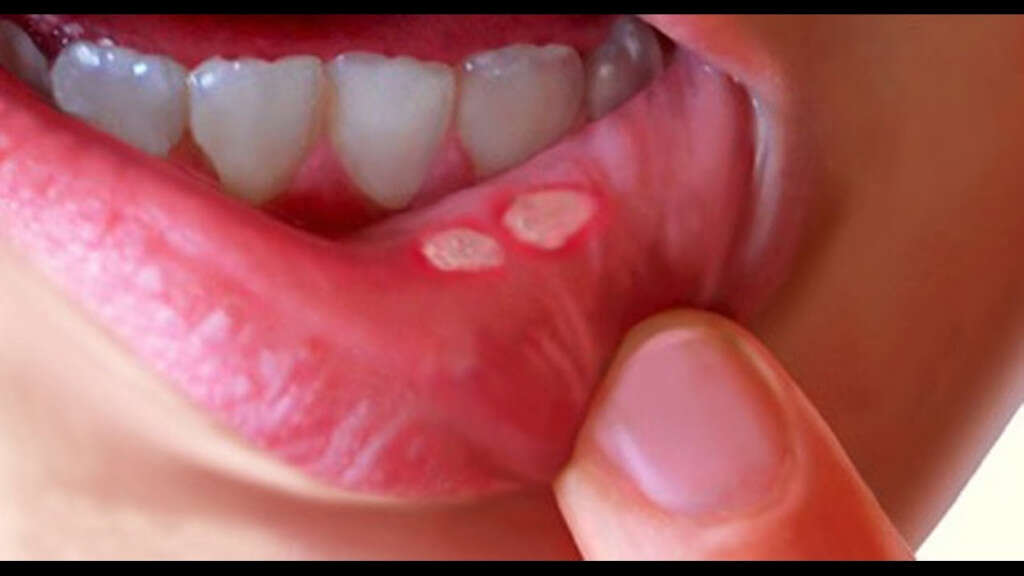10 Hand, Foot and Mouth Disease Symptoms
Hand, foot, and mouth disease, also referred to as HFAM disease, or HFMD, is a condition that generally occurs in young children. The condition is usually not too serious and can be spread from child to child via a virus. The most common type of virus known to cause HFMD is known as a coxsackievirus. Unfortunately, there isn’t any specific cure for HFMD. If it is a result of contracting a coxsackievirus then the condition will usually disappear after the disease runs its course, which can be anywhere from 7 to 10 days. If the condition is not caused by a coxsackievirus then it will usually go away on its own in a similar amount of time. If it doesn’t, seek medical attention.
One of the best ways to deal with HFMD is to prevent you or your child from getting it in the first place. This means washing hands frequently and avoiding being intimate (hugging or close contact) with anyone who is infected with the disease. HFMD is known for causing a number of symptoms, ranging from fever to lack of appetite to changes in mood. It generally doesn’t require significant treatment; however, it can be known for causing sores in the mouth. If these sores persist for a long time and prevent your child from being able to drink fluids, you should contact your doctor.
There are also some complications that can arise if your child develops a related illness known as herpangina, which can lead to more serious problems like seizures. If you think that you or your child are suffering from HFMD then you might want to consider reading this list of common symptoms. Afterward, if you think that you’ve ascertained what problem you have, you can go to a doctor for a proper diagnosis.
Symptom #1: Fever
Many people who suffer from HFMD notice that they develop a fever. In fact, a fever is usually the first indicative sign that people are struggling with hand, foot, and mouth disease, especially when the condition is caused by the contraction of a coxsackievirus.
A fever is the body’s natural response to a foreign invader or pathogen, such as a virus. By raising the temperature of the body, it becomes more difficult for viruses and other foreign bodies to survive. This makes it easier for the immune system to tackle the illness.
Symptom #2: Sore Throat
Another problem that many people experience when they are struggling with HFMD is a sore throat.
Sore throats are common among various forms of illness like the flu and other forms of viral infection, so it’s no surprise that they can bother someone struggling with HFMD, which is known to be caused by the coxsackievirus.

Symptom #3: Malaise
Malaise is a term that’s used to describe a general feeling of being unwell or uncomfortable. Malaise can be present both physically and mentally: a person may experience things like brain fog or mental upset, and they also may experience fatigue and a general sense of uneasiness throughout the body.
Malaise can be one of the first symptoms to emerge when someone is struggling with HFMD and one of the last to leave.
Symptom #4: Blisters Inside Mouth
One of the most common indicators that a person is struggling with HFMD is the emergence of blisters inside the mouth. They can occur on the tongue, the gums, or the cheeks.
These sores usually only develop a couple days after the fever develops, and usually disappear along with the rest of the symptoms. If they don’t disappear then you should seek medical help.

Symptom #5: Red Rash
One of the most common symptoms that occurs among people struggling with HFMD—and the reason that the condition is known as such—is the emergence of a red rash.
This rash usually appears on the palms of the hands and the soles of the feet, and can occasionally emerge on the buttocks as well. The rash is not usually itchy but can occasionally become blistered.
Symptom #6: Irritability
Another symptom that occurs quite commonly among patients with HFMD is irritability. This is particularly true among infants and toddlers, who may be prone to mood swings and become easily annoyed.
Children and the rare adults that contract HFMD may also experience an increase in irritability or a decrease in the length of their “fuse.”

Symptom #7: Decreased Appetite
A decrease in appetite is fairly normal when someone has contracted a virus, particularly if that virus is known to contribute to nausea and vomiting. Many people feel that there’s not much point in eating if it’s going to make them uncomfortable and potentially throw up.
That said, it’s important to ensure that you get at least some of your daily nutrients even when you’re sick so your body has the strength to fight off the illness.
Symptom #8: Weight Loss
HFMD does not usually cause weight loss on its own. However, because of the way that it can contribute to appetite loss, it’s not uncommon for someone struggling with the condition—or other conditions that cause appetite loss—to experience some degree of weight loss.
This lost weight usually returns after the virus has passed through the body and the patient regains their normal appetite.

Symptom #9: Viral Meningitis
Viral meningitis is a serious inflammatory condition that affects the membranes—known as meninges, hence the name meningitis—that surround the brain, as well as the cerebrospinal fluid.
If the virus does not pass through the body in its normal course of time, patients may contract viral meningitis as a result.
Symptom #10: Dehydration
If your child does not drink fluids during the course of the illness, then they will likely become quite dehydrated. This can cause and exacerbate other symptoms, so it’s important to make sure that they drink a lot.
If the sores are too painful for them to easily take a drink, you might want to consider getting them some IV fluid.









